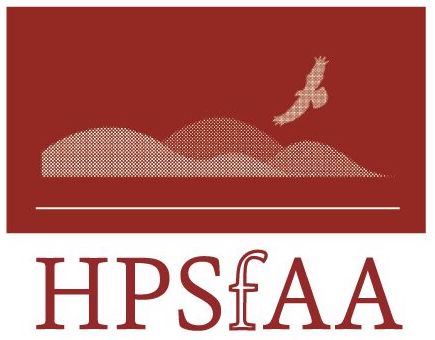  
 
The High Plains Society for Applied Anthropology |
|
Body Mass Image (BMImage): Attractiveness Ideals, Obesity, and Implications for Weight-Control
David L. Kozak, Susan Kraus, Mary Lomayma, Joy Seumptewa, and Carol Massengill
Sustainable weight reduction via clinical or community interventions for some Native Americans (and presumably other populations) may be linked to a culture’s body image construct, what we call body mass image (BMImage). BMImage is a supplemental concept to the conventional body mass index (BMI) quantitative diagnostic measure, and BMImage is defined as a culturally-specific, historically generated, weight-health-aesthetic and explanatory model. In a study using a nine-point body image scale, 49 Native Americans (26 males and 23 females) responded to 15 questions regarding their perceptions of weight, health and attractiveness ideals in relation to the scale. It was found that the overweight and obese study participants think they have a lower BMI than actually measured; that they are satisfied with their current appearance, and that they think their current weight is not unhealthy. These preliminary findings may indicate a difference in care giver (BMI) and patient (BMImage) notions regarding weight and health. We contend that BMI, as a universal measure, cannot account for culturally specific constructions of body weight and perception that may affect weight control advice and outcomes.
The Applied Anthropologist, No. 1, Vol. 28, 2008, pp 105 - 114
Back to List of Vol. 28 Articles